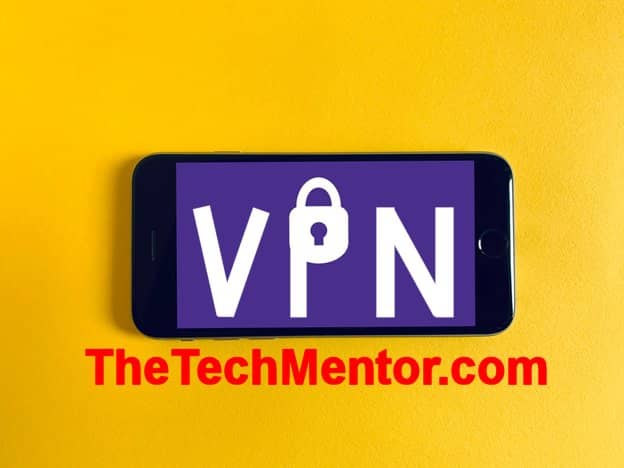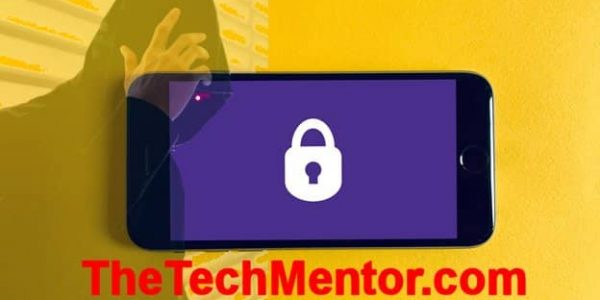Cybersecurity Tips for Online Gamers
Here are three Cybersecurity tips for online gamers. Online gamers spend more time on the web and engage in more activities compared to the average user. This is why they’re particularly vulnerable to cyber attacks. For instance, there’s been a recent surge in incidents of Trojan malware. These are being spread through game mods and cheat engines irresistible to players.
These incidents underscore how hackers can attack in the most creative and unexpected ways, which is how they get around current cybersecurity defenses. But no matter how innovative hackers become, there are different ways to protect yourself. Read on.
Tip 1 – Get Anti-Malware and Anti-Virus Software
Arguably, investing in a malware removal and protection software account like Webroot, McAfee, Bitdefender, or Kaspersky Internet Security is the single most effective way to prevent malware and other viruses.
This is true for players who spend lots of time on sites like online casinos and massively multiplayer online (MMO) games. Even just for casual online touchscreen game apps – all fast-rising sectors in online gaming.
Most hacking attempts are aimed at inserting malware, viruses, or backdoor entryways. These are inserted into your system in order to either damage or steal your data.
And with this type of software installed in your device, it’s protected by the well-tested protocols and standards of the world’s preeminent cybersecurity experts.
Tip 2 – Get an IRS IP PIN
Tax return fraud continues to be a highly prevalent crime.
This has been exacerbated by the increase in online gaming accounts, which require players to give out sensitive info over browsers or online apps. Hackers can then obtain that data by whatever means and use it for tax return fraud.
In its fight to prevent this crime, the Internal Revenue Service (IRS) now issues an Identity Protection (IP) PIN that’s known only to the IRS and the individual it is issued to.
This allows the IRS to confirm people’s identities and check for red flags before processing tax returns. Whether you have a Google Play account, MMO RPG avatar, or real money online poker account, having an IRS IP PIN protects you from being the victim of tax fraud.
Outside of online gaming, it can protect your sensitive data during other online activities. This goes for activities such as banking, remote working, or simply sharing your info to family members. Even if hackers manage to get past protective software and other measures, they still won’t be able to use your data for tax fraud without your IRS IP PIN.
Tip 3 – Get a VPN for cybersecurity for online gaming
In a nutshell, a virtual private network (VPN) ensures end-to-end data encryption.

Note this tip: secure end to end encryption with a VPN can help prevent cyber attacks even when you are not gaming.
This is why using a VPN is a common cybersecurity practice among not just gamers. But also entrepreneurs, as small and medium enterprises are equally being targeted by hackers as well.
Use a VPN during account sign-up processes or actual gameplay over any online gaming platform. By doing this, you can ensure that any and all information is kept between you and the gaming provider.
In short, using a VPN is a good way to protect any personal data that you keep online. It also prevents people you don’t know from finding out your physical location.
As hackers get bolder and better in the digital era, cybersecurity is everyone’s job.
Online gaming is growing, and involves increased traffic and monetary rewards. Some gamers find it a way to earn an income online. Not too surprisingly, these gamers are increasingly a target for cyber attacks.
Summary
The next time you sit down for an online round of digital poker or embark on an epic, magical quest, keep these cybersecurity tips in mind to help protect yourself against cyber attack even when not gaming.


Leave A Response